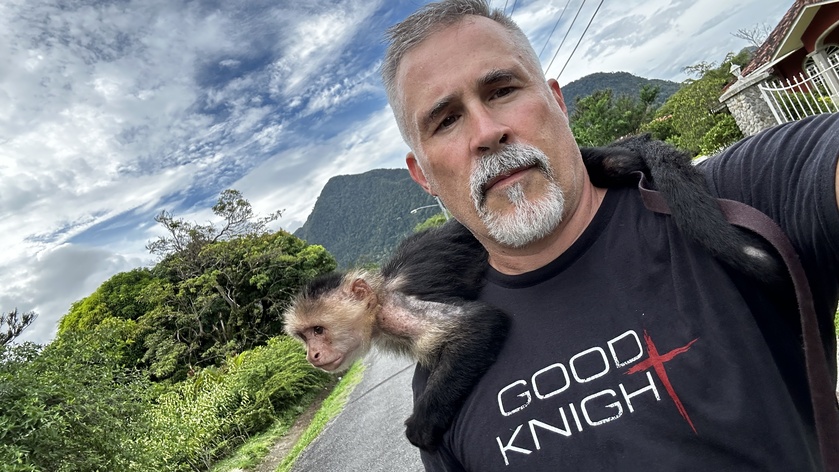Our family moved out of the United States in January of 2013. As a reporter for the Christian Broadcasting Network, I was covering the election in Detroit in 2012. The state of the city, with its vacant homes and industries replaced by criminal activities, was a look at what I believe lies ahead for much of America and was a pivotal factor in our decision to leave.
Detroit's decline, reflecting issues in the wider country, and the election results made me question my contributions to a system I felt was deteriorating the nation I loved. Verses like Mark 9:43 inspired me to take decisive action, including where to live.
My wife and I discussed moving to the Pacific Northwest, but the challenges of Obamacare and the harsh winters led us to consider Panama. We were familiar with Panama from previous visits and valued its culture, people, and language. By January 2013, we had packed and were ready to move.
Panama, a first-world country, is often misunderstood. While it has areas like Darien that fit the jungle stereotype, many regions are more temperate and less problematic in terms of crime, comparable to the U.S. in many respects.
In Panama, we found a balance between avoiding oppressive heat and winter in the mountainous regions. The town we settled in has a pleasant climate, reminiscent of West Virginia in spring, and a small, close-knit community.
Despite the challenges of expatriation, such as bureaucracy, limited availability of American products, and cultural differences, we found Panama to be a suitable choice for our family. We had to adapt to new food, time concepts, and the local job market, considering the unique legal system and schooling options.
Panama's advantages include a year-round growing season, a unified society without the polarized views found in the U.S., affordable and quality healthcare, a stable and business-friendly government, and a low cost of living. Although gun laws are stricter compared to some U.S. states, they are balanced and practical.
The deeply religious and moral culture of Panama was a significant factor for us. Prayer in schools, illegal abortion, and general adherence to traditional values resonated with our beliefs. The community's self-sufficiency and resilience, along with their welcoming attitude towards foreigners, made the transition smoother.
We found ways to integrate and contribute to the local community, particularly through our church. The benefits of living in Panama, along with the growing number of expatriates, highlight its appeal as a place to live with freedom and dignity.
While it was difficult to leave the U.S., we view our move as a stand for our beliefs and values. We hope our experience can guide others considering similar choices, and maybe, our actions can contribute to positive changes back home.
Our move to Panama was not just about personal comfort, but a stand for what we believe is right.


















